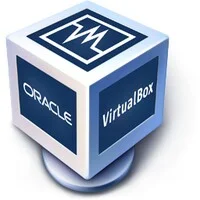
Latest Version
Download NowMore About VirtualBox For Linux
VirtualBox for Linux is a free, open-source virtualization software that allows users to run multiple operating systems (OS) on a Linux machine. It supports a variety of guest OSes, including Windows, Linux distributions, macOS (on compatible hardware), and more, enabling users to create and manage virtual machines (VMs) with ease.
Key Features:
Cross-Platform Support: VirtualBox runs on major Linux distributions and supports various guest operating systems, such as Windows, other Linux distros, and Solaris.
Seamless Integration: Features like shared folders, drag-and-drop file transfer, and clipboard sharing between the host and guest OS enhance user experience.
Snapshots: Users can take snapshots of their virtual machines at any point in time, allowing them to revert to previous states if needed.
Resource Customization: VirtualBox allows users to adjust VM settings, such as CPU, RAM, disk space, and network configurations, to suit their needs.
Virtual Networking: VirtualBox supports multiple networking modes, such as NAT, bridged, and host-only networking, to connect virtual machines to the internet or local networks.
Free and Open-Source: As an open-source project, VirtualBox is free to use and regularly updated by a community of developers.
VirtualBox for Linux is ideal for developers, testers, or anyone needing to run multiple operating systems on a single Linux machine, offering flexibility and powerful virtualization capabilities.
Rate the App
User Reviews
Other Apps in This Category
Popular Apps










Editor's Choice

























